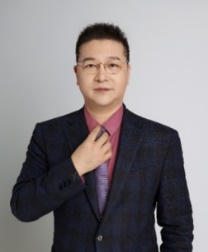Monday
1st Week: introduction & welcome, program overview and objectives
Weekly: esophageal surgery training, bronchoscopy training, robotic surgery
Tuesday
Weekly: surgery training, bronchoscopy training
Biweekly: mentor one-on-one training
Wednesday
Weekly: outpatient observation, clinical rounds
Biweekly: esophageal surgery training
Thursday
Weekly: complicated case study, case-based discussion, esophageal MDT conferences
Friday
Weekly: journal club, clinical rounds, clinical skills training, special task training
Last Week: wrap-up & reflection, participant presentations or discussion of key takeaways, feedback session (e.g. online survey or live Q&A)

